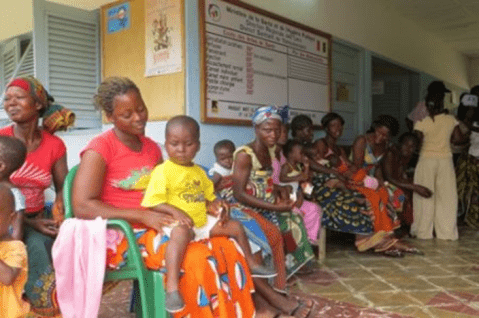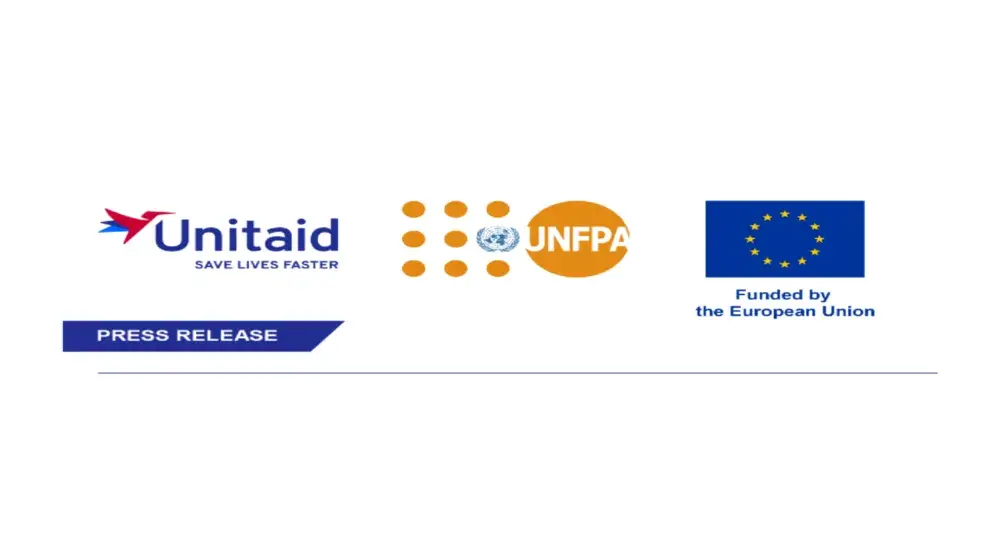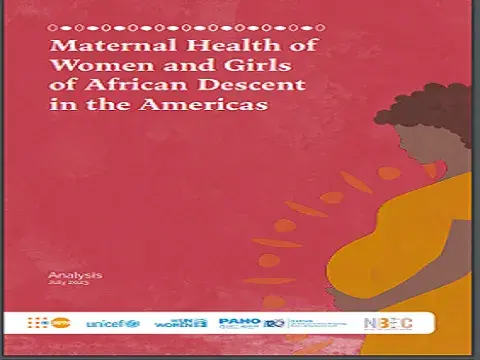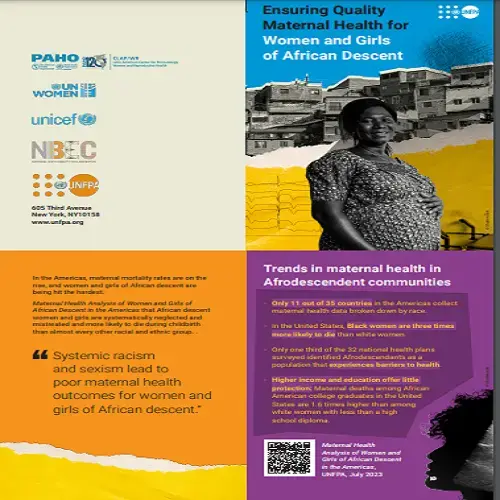The Ivorian Ministry of Health’s new health policy centred on women, places family planning, pregnancy monitoring or HIV screening at the heart of the restructuring of its health system following the civil war of 2011, with technical and financial support from UNFPA, the United Nations Fund for Population.
The civil war left the health system damaged, hospitals were vandalized, staff were scattered, and the most basic drugs were out of stock. Women were among the most affected: while the maternal mortality rate had decreased between 1994 and 2005 from 597 to 543 deaths per 100,000 live births, it reached 614 in 2012. The same upward trend was noted for teenage pregnancies, female circumcision and violence against women.
However, according to UNFPA, there are major challenges in improving women's health including those that go beyond health. In a country where half the population lives below the poverty line, multiple pregnancies hinder the professional development of women and their financial independence. Early pregnancies, which also affect girls aged 12, put an end to their education and expose them to medical complications.
Experts quickly realized that their strategy could only work if they put men on their side as they hold the purse strings. “If they refuse their wife gives birth at the hospital, she will not go", said Suzanne Maiga Konate, UNFPA Representative in the country.
One of the most innovative initiatives of the Fund, the" School of Husbands" sprung from this observation. The idea, tested in Niger, aims to raise awareness of a handful of men in villages on contraception and the importance of obstetrical care. These volunteers then go around to convey the message to other husbands and fathers in the neighbourhood and recall things as simple as using a condom, in a country where 3% of the population is HIV positive. Four Schools of husbands were launched in 2012 in Côte d'Ivoire. The initiative appears to be bearing fruit.
Dr. Drissa Kone Tiemegna, chief medical officer of the Angoba medical centre, Djangoménou about 50km south of Yamoussoukro, said he recorded no home birth since 2012.
“Before they gave birth at home and called us at the last minute when complications arise. We often had to hospitalize them. Today, I see a real change in behaviours. I even saw men accompany their wives to consultations,” he said.
In villages surrounding Djangoménou, the number of teenage pregnancies dropped from 11 students per year in primary and secondary schools to 2 per year.
UNFPA, which has an annual budget of € 6.6 million for Côte d'Ivoire, highlights its good results: in one year, the use of family planning has increased by 12%, and the number of skilled births increased sixfold. But a lot remains to be done as only 14% of Ivorian women are using contraceptives. And the government spends less than 5% of its budget on health when the African Union recommends 15%.





